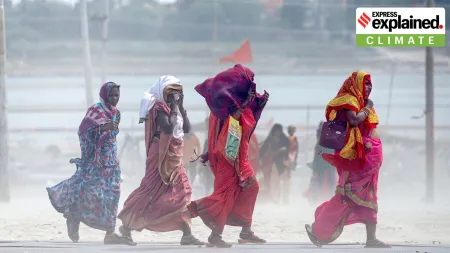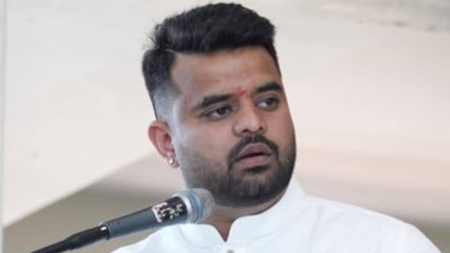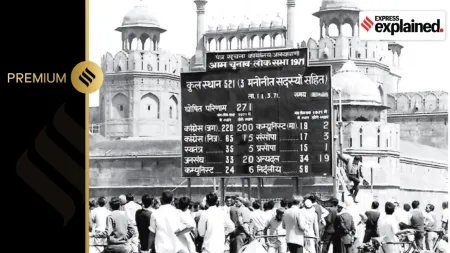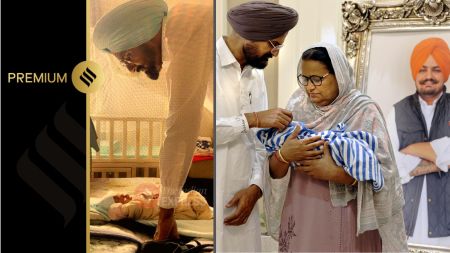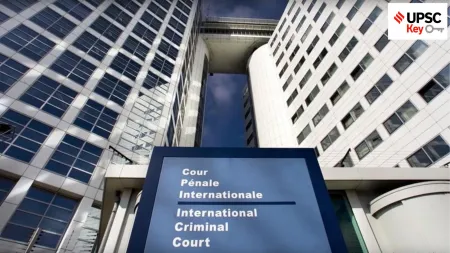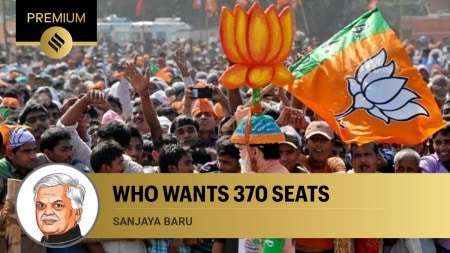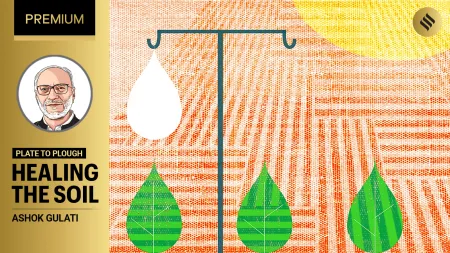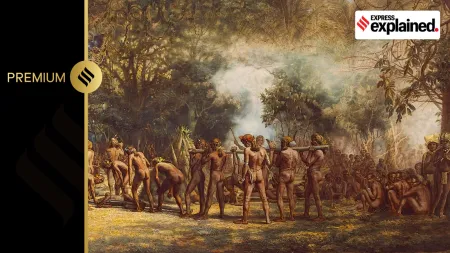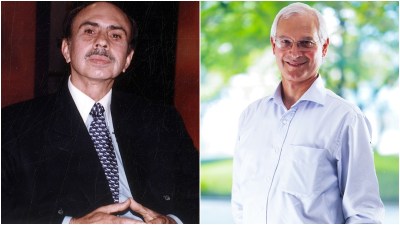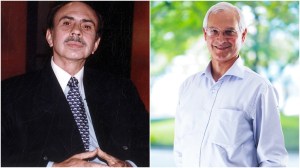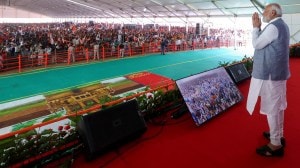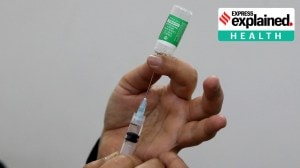- India
- International
US Elections 2020: A tough campaign under the shadow of a pandemic
It has been a perpetual state of upheaval since Trump became president. But as the US elections have drawn closer, the sense of chaos has only amplified.
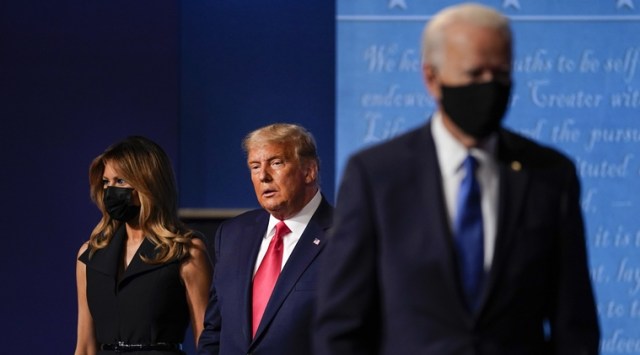 First lady Melania Trump, left, and President Donald Trump, center, remain on stage as Democratic presidential candidate former Vice President Joe Biden, right, walk away at the conclusion of the second and final presidential debate Thursday, Oct. 22, 2020, at Belmont University in Nashville, Tenn. (AP)
First lady Melania Trump, left, and President Donald Trump, center, remain on stage as Democratic presidential candidate former Vice President Joe Biden, right, walk away at the conclusion of the second and final presidential debate Thursday, Oct. 22, 2020, at Belmont University in Nashville, Tenn. (AP)When he started his re-election campaign in June last year, Donald Trump possibly did not imagine that the world as we know it would change in the way it did following the global outbreak of coronavirus. This from a man who has for many undoubtedly changed the United States of America, global geopolitics, borders, and to some extent, the world’s lexicon. Take the term ‘fake news’ for instance. How frequently was the phrase applied in everyday conversations, much less in the vocabulary of politicians and global leaders, before Trump punctuated his every fourth argument with it?
It has been a perpetual state of upheaval since Trump became president. But as the US elections have drawn closer, the sense of chaos has only amplified. The start of 2019 brought political figures announcing their candidacy, with Tulsi Gabbard being among the first, closely followed by Kamala Harris. By April, Joe Biden had announced his campaign for 2020.
Follow US Election LIVE UPDATES here
By November 2019, several candidates began dropping out of the presidential race, including Kamala Harris, who is now running for the position of Vice-President. On the other side of the world, by December, an outbreak of coronavirus was reported in China, which within weeks rapidly spread across the world. It is unlikely that the US’s biggest political figures would have imagined that a respiratory infection would have the ability to change the shape and form of the election process, and to some extent, their c ountry as well.
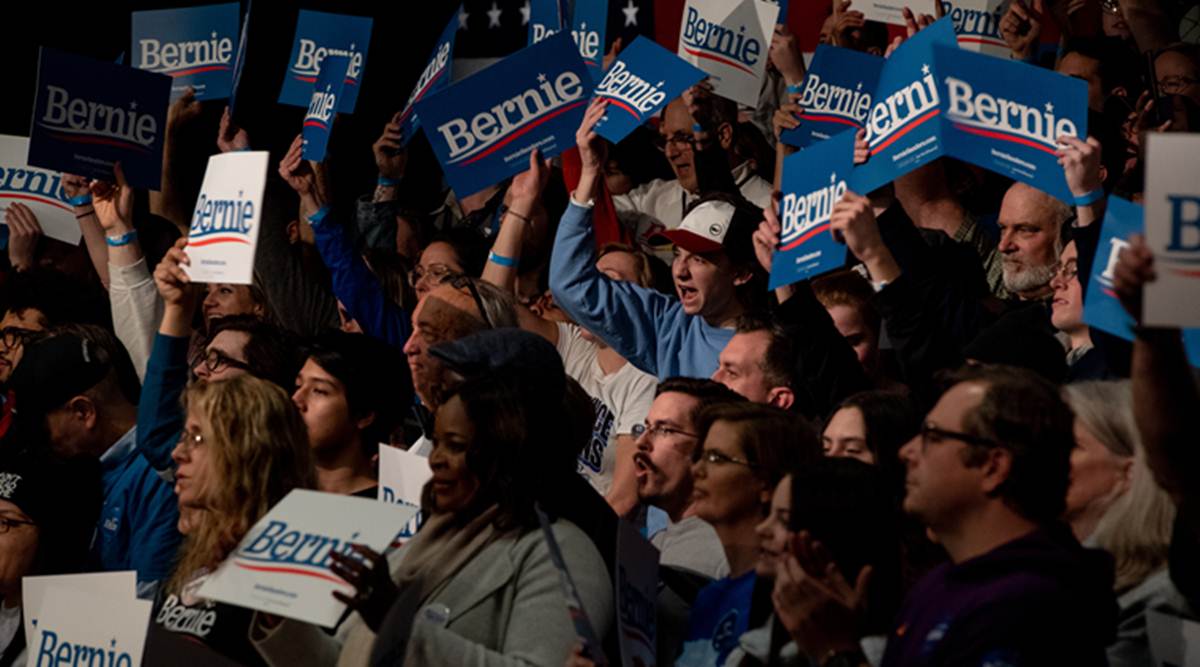 Attendees cheer as Sen. Bernie Sanders (I-Vt.), a candidate for the Democratic presidential nomination, speaks at a caucus night party in Des Moines, Iowa, Feb. 3, 2020. The Iowa presidential caucuses took place Monday night at more than 1,600 sites across the state. (Hilary Swift/The New York Times)
Attendees cheer as Sen. Bernie Sanders (I-Vt.), a candidate for the Democratic presidential nomination, speaks at a caucus night party in Des Moines, Iowa, Feb. 3, 2020. The Iowa presidential caucuses took place Monday night at more than 1,600 sites across the state. (Hilary Swift/The New York Times)
In February earlier this year, the 2020 Iowa Democratic presidential caucuses were held, the first nominating contests in the Democratic Party primaries for this year’s presidential election. Among the five Democratic Party candidates — Joe Biden, Pete Buttigieg, Bernie Sanders, Elizabeth Warren and Amy Klobuchar, Buttigieg won the presidential contest, becoming the first openly gay person to do so in the US. Around the same time, the Republican National Committee voted to express undivided support to Trump.
As coronavirus infections began rapidly spreading across the US, February was a busy month for the presidential candidates. The weeks were peppered with Democratic debates and state primaries, but by March, more Democratic names began dropping out of the race. Buttigieg and Klobuchar dropped out of the race and later, along with Beto O’Rourke, endorsed Joe Biden at a rally in Texas.

US Elections 2020| For first time Indian-American voters, racial equality, economy on top of mind
By mid-March, coronavirus had become a national health emergency, one that the US’s political figures could no longer ignore. Most presidential primaries were rescheduled, and presidential candidates were forced to limit in-person events. As infection rates began rapidly soaring in the US, state government officials began turning to courts to delay or call off local elections because they did not have the authority to do so themselves.
Take the case of Ohio for instance: the state had announced its intention to postpone its state primary in mid-March due to coronavirus concerns. But a judge had struck down those plans on the same day. Following the judge’s decision, Ohio’s Republican Governor Mike DeWine sought assistance from the state health director Amy Acton, who announced that polls would be closed by order due to a “health emergency.”
Although widely criticised for instituting rigid public health protocols at that time, when the severity of coronavirus became more apparent, Acton’s judgement was later lauded. Through May, most state primaries were either cancelled or rescheduled. In the midst of all this, Biden’s presidential campaign announced that it was launching its running-mate selection committee, who was most likely going to be a woman.
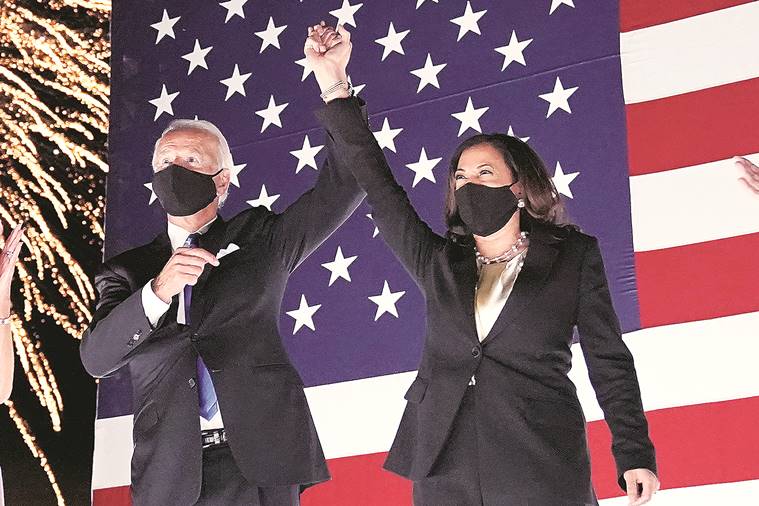 Democratic candidates Joe Biden and Kamala Harris at the Democratic National Convention. (Reuters)
Democratic candidates Joe Biden and Kamala Harris at the Democratic National Convention. (Reuters)
On August 11, Biden announced Kamala Harris as his vice presidential running mate, that was confirmed days later at the Democratic National Convention, the two candidates were officially nominated by delegates. This coincided with the 2020 Republican National Convention where delegates of the Republican Party selected the party’s nominees, Donald Trump for president and Mike Pence for vice president in the 2020 United States presidential election.
Research| Why the electoral college still has powers to choose President
This year’s elections have coincided with the Black Lives Matter movement that for weeks dominated news headlines and intersected with the political developments in the country. This is in conjunction with the coronavirus outbreak and the Trump administration’s mishandling of the pandemic that has resulted in a public health crisis and in the United States becoming one of the countries with the highest number of infections and related deaths.
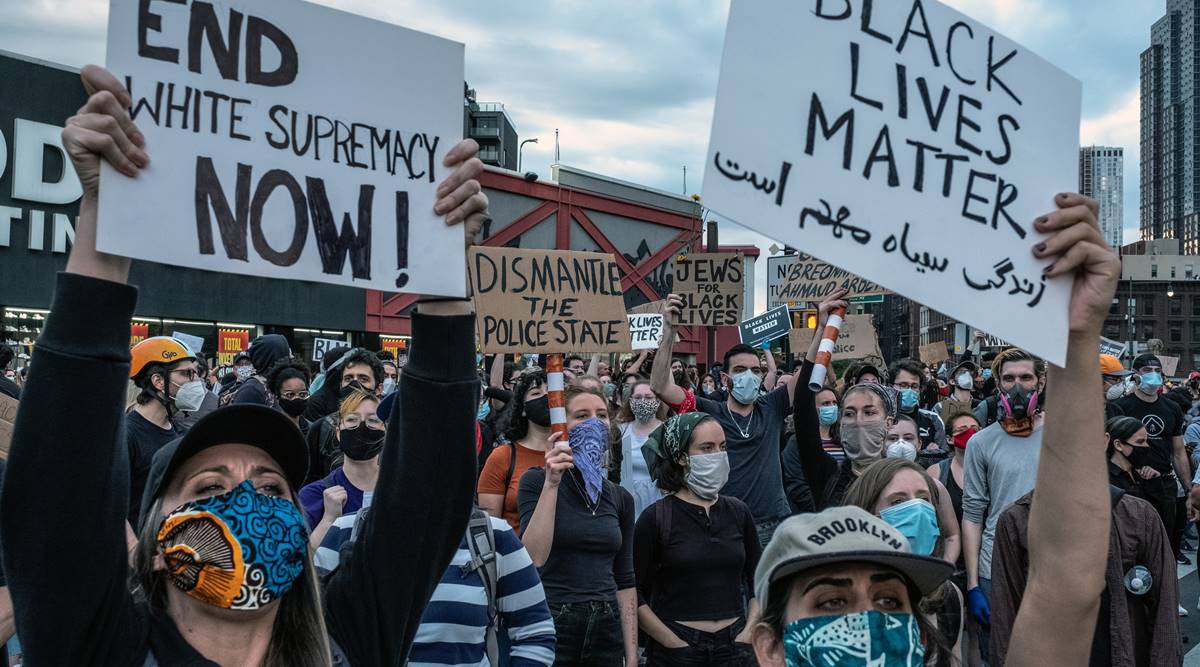 Protesters gather in Brooklyn on June 2, 2020, to denounce the death of George Floyd while in police custody. (The New York Times/File)
Protesters gather in Brooklyn on June 2, 2020, to denounce the death of George Floyd while in police custody. (The New York Times/File)
Then at a campaign rally in September, Trump claimed he wouldn’t leave the office willingly. “We’ve gotta watch this ballot scam, because they’re scamming us. And then they say, ‘He doesn’t want to turn over (power).’ Of course I do. But it’s gotta be a fair election,” Trump had told his supporters. The statement just served to confirm persisting concerns over election fraud and the scenario if Trump were to lose the elections.
The year has also been marred with allegations against Trump and his family of improper conduct, profiteering from public office among other complaints. But an analysis of these reports indicates that Trump hasn’t been adversely affected by these complaints.
For instance, in September, when The New York Times published a report stating that it had obtained some two decades worth of tax return data for Trump that showed that president had “paid no income taxes at all in 10 of the previous 15 years — largely because he reported losing much more money than he made”, he dismissed the report as “fake news”. And that is really how Trump has deflected criticism from the onset; by terming it “fake news”.
Just days after the first presidential debate between Biden and Trump, it was announced that the president and Melania Trump had tested positive for coronavirus. Trump was later admitted to the Walter Reed National Military Medical Center in Bethesda, Maryland, in what officials claimed was a precautionary measure, but observers suggested it had to do with the possibility that Trump’s condition was worse than was being let on.
In a White House that has largely ignored public health protocols, including wearing masks, it was perhaps inevitable that the infection would spread among staff closest to the president. In October, the Commission on Presidential Debates cancelled the second debate between Donald Trump and Joe Biden after the President refused to engage in a virtual debate. The commission had wanted to hold the event virtually due to coronavirus concerns, especially after Trump’s own recent diagnosis.
Since the cancellation of this debate, Trump and Biden have continued with their campaigning, with Trump holding large in-person rallies despite concerns from public health officials.
May 01: Latest News
- 01
- 02
- 03
- 04
- 05


